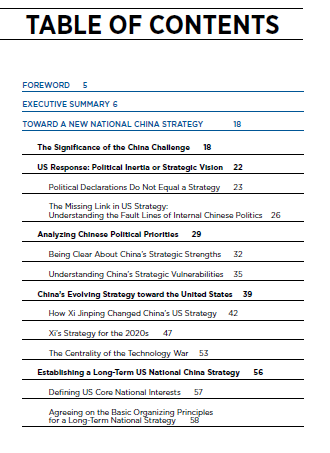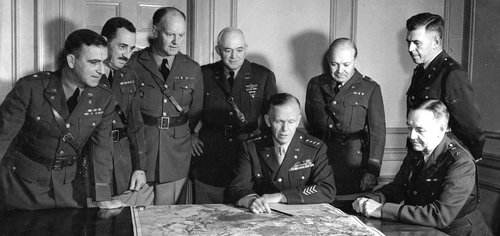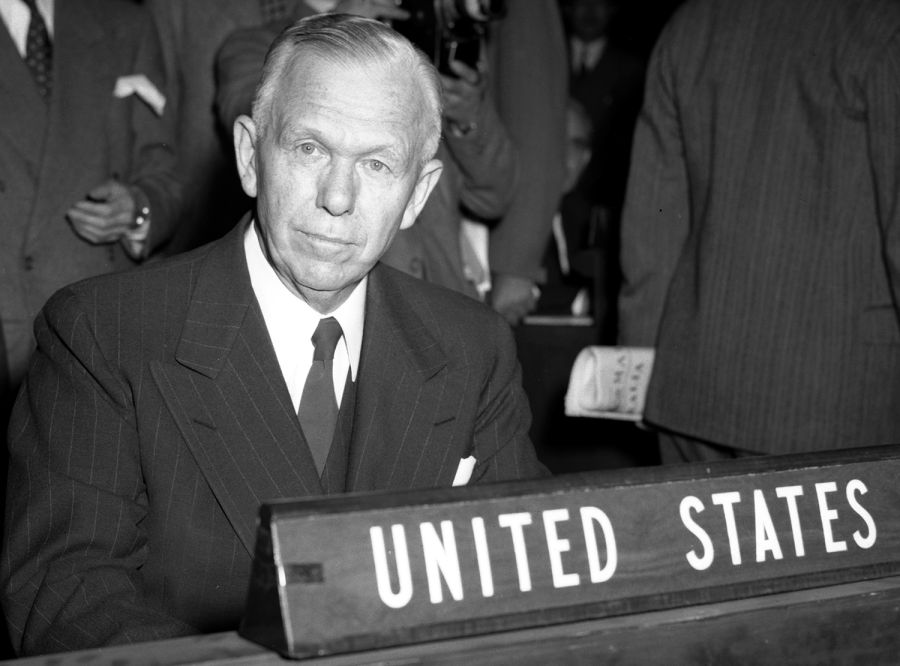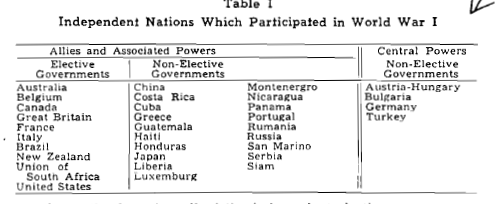International Relations scholars/analysts can and do use each of the following angles, though not all are strictly speaking taking an "International Relations angle".
Let's explore the angles.









Let me try this again\u2026 What would it look like if this were a coup (failed, in progress, or otherwise)? 1/n
— Kristen Harkness (@HarknessKristen) January 7, 2021
Democracies do not go to war with each other. There are a lot of empirical data to support that theory. I summarize that literature here. https://t.co/SQLk9J9rZ8 https://t.co/tLlSyisEIU
— Michael McFaul (@McFaul) December 12, 2020



Disgraced President Trump claims his speech was analyzed and people thought it was totally appropriate and MSNBC cuts away pic.twitter.com/sg5yIxWWBc
— Acyn Torabi (@Acyn) January 12, 2021
ABC News on Trump's speech:
— Texan (@Texan_21C) November 4, 2020
"This isn't law... It's theater. Let's be blunt. It's the theater of authoritarianism"
"It's an attempt to end the election illegitimately to remain in power"#ABCNews #TerryMoran #Authoritarianism pic.twitter.com/t0pfZaReOz
Media should shove a mic in every Republicans face & demand to know why they are going along with this charade!
— Texan (@Texan_21C) November 11, 2020
These, \u201cdo you think Biden won the election\u201d questions are weak bothsidesism that allowed a conman to become president
Maybe political violence most likely inspired by Trump saying Dems are stealing the election will cause press to actually hold GOP accountable? Probably nothttps://t.co/1VZXCwuPc6
— Texan (@Texan_21C) December 11, 2020
Reminder that there was political violence 2 days ago bc the GOP is conning their supporters & actively engaging in a coup
— Texan (@Texan_21C) December 11, 2020
I am trying to come up with an analogy that fully captures how much American press is behaving as if it's impotent, during Americas 1st coup attempt!
Yes.. https://t.co/wntoQdyMZs
Ironies of Luck https://t.co/5BPWGbAxFi
— Morgan Housel (@morganhousel) March 14, 2018
"Luck is the flip side of risk. They are mirrored cousins, driven by the same thing: You are one person in a 7 billion player game, and the accidental impact of other people\u2019s actions can be more consequential than your own."